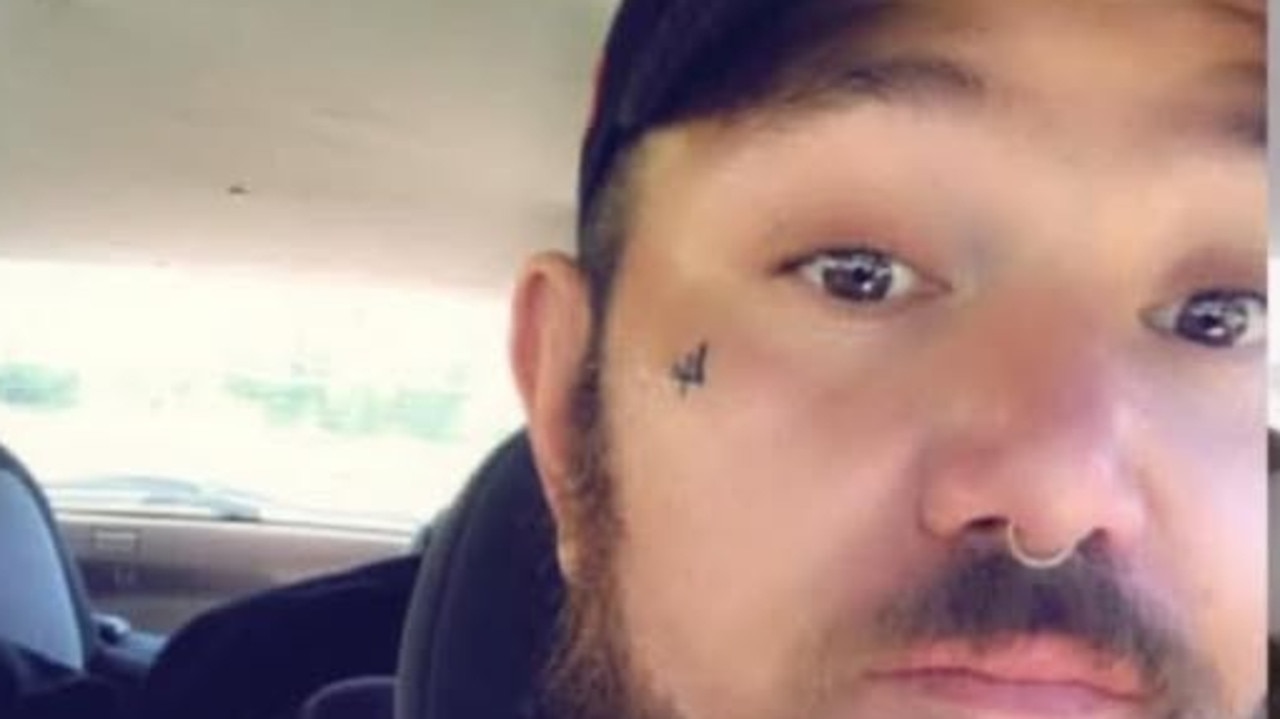Central West, regional NSW vets at ‘tipping point’, ‘downward spiral’ as staff shortages bite
Vets in NSW’s Central West are at a “tipping point” and the industry in a “downward spiral” with towns and LGAs left without clinics as a severe staff shortage bites.
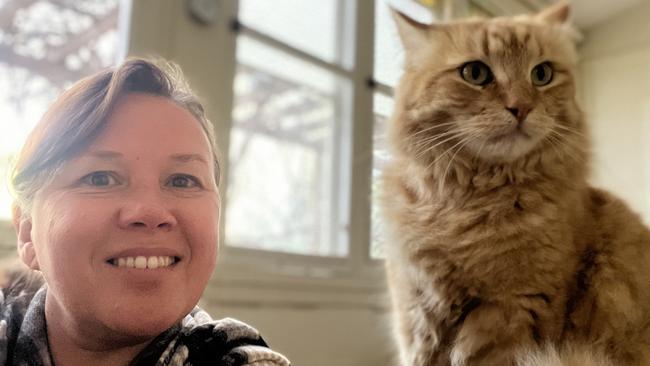
Dubbo News
Don't miss out on the headlines from Dubbo News. Followed categories will be added to My News.
Vets across the state’s Central West are at a “tipping point” and the industry in a “downward spiral” with towns left without clinics as severe staff shortages bite.
The only vet in Parkes closed last year while Weddin local government area also has no clinics. In Lachlan, a vet from a neighbouring LGA runs a clinic, but only once a week. Oberon and Lithgow have one practice each.
“It’s become harder to entice vets to come out to the country,” vet Daryl Elphick said.
Mr Elphick ran Parkes Veterinary Clinic for 22 years, the shire’s only practice, before it closed last year due to a lack of staff.
“I said ‘we can’t keep doing this, it’s not possible’ – we had no receptionists, no nurses,” Mr Elphick said.
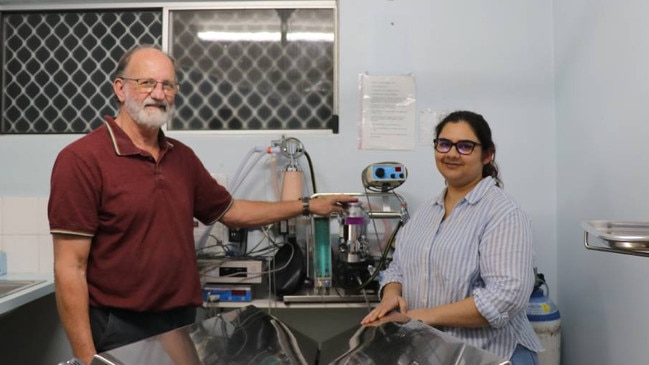
Animal Services Australasia CEO Mark Slater said the industry was in a “downward spiral” and had reached “tipping point”.
“The shortage has a huge knock-on effect,” he said.
“It’s difficult to keep a lid on diseases when there’s no vets, which become supercharged across the state.
“It’s a downward spiral and adds more pressure onto the profession, which is at a tipping point.”
In Dubbo, there’s four practices, which cater for its huge amount of livestock. Mr Elphick said tending to larger animals came as a shock to some city-based vets.
“It’s not all fluffy dogs out here,” he said.
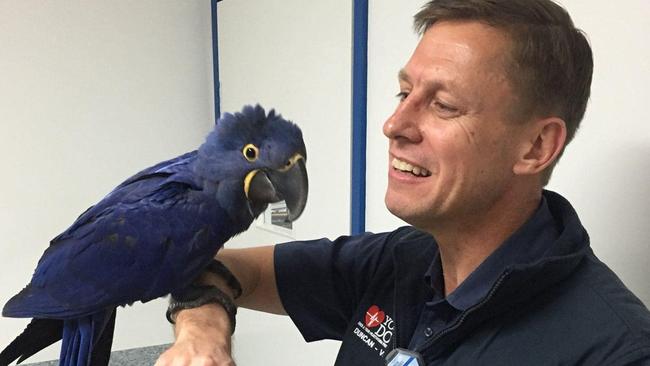
Julie Power relocated to Dubbo about a year ago and was shocked when she struggled to get emergency surgery for her cat Hank.
“He had a blocked urinary tract, which leads to a slow, painful death,” she said.
“The vet who could perform the surgery was away and there was no other who could perform it, so they could only offer euthanasia.”
A vet from a different practice jumped in to save Hank, but the experience made Ms Power question her regional move.
“I was thinking I’d have to drive all the way to Sydney – it did make me think if we’d done the right thing,” she said.
Dubbo vet Duncan McGinness said Covid accelerated people leaving.
“It’s certainly been more acute in the last three years – there just didn’t seem to be many willing to venture out to the area,” he said.
“I think Covid made people think about their careers, and we lost two vets after that.”
Mr McGinness said his practice had recently been able to hire a number of staff but his clinic “was not particularly representative” of the area’s shortages.
“We’ve moved away from a full-time employment focus and instead looked at part-time, which has been really successful,” he said.
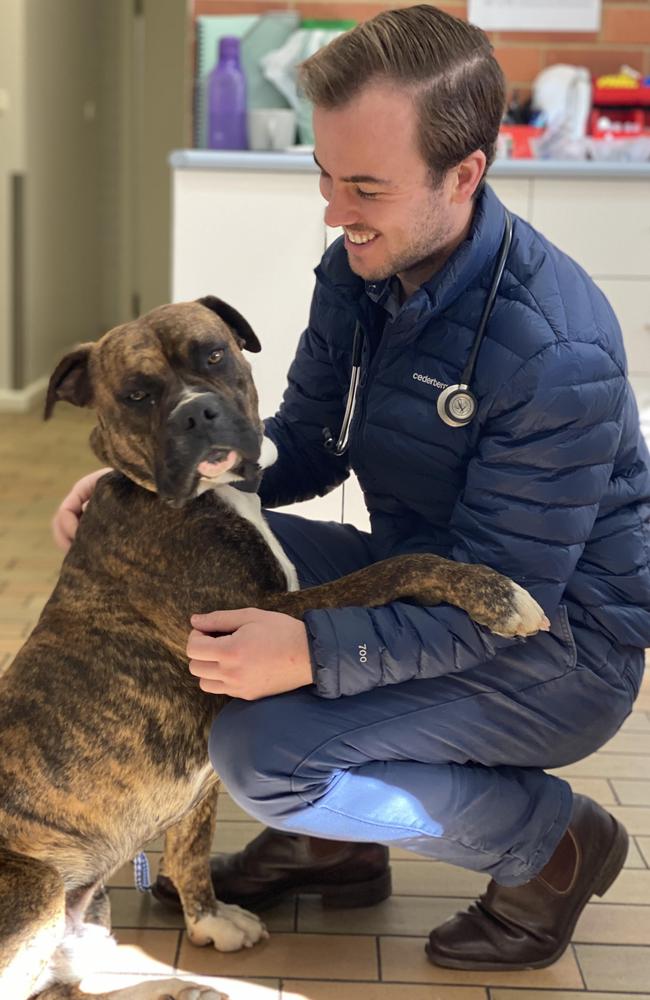
Australian Veterinary Association acting NSW president Zachary Lederhose said the issues were not dissimilar to the problems regional hospitals faced.
“The vets who are left are doing more work and getting more burnt out, and they end up leaving,” he said.
“That’s the cycle, and it’s just unsustainable.”
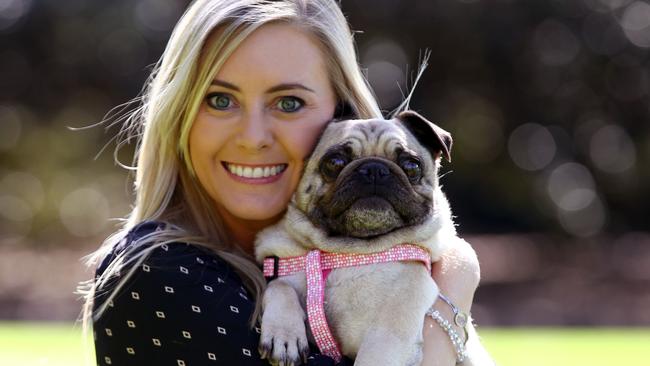
Animal Justice Party NSW MP Emma Hurst said the party would call for an urgent inquiry into the statewide vet shortage in the next term of parliament.
“It’s a serious concern for a profession that is already highly stressful, and is likely contributing to the frightening statistic that veterinary practitioners are four times more likely to commit suicide compared with the rest of the population,” she said.
“The incoming government must intervene before this crisis worsens – otherwise we could be facing a large-scale animal welfare crisis.”
Table data from AVA 2021 survey and IBIS World 2023.
News tip? Email alexi.demetriadi@news.com.au





